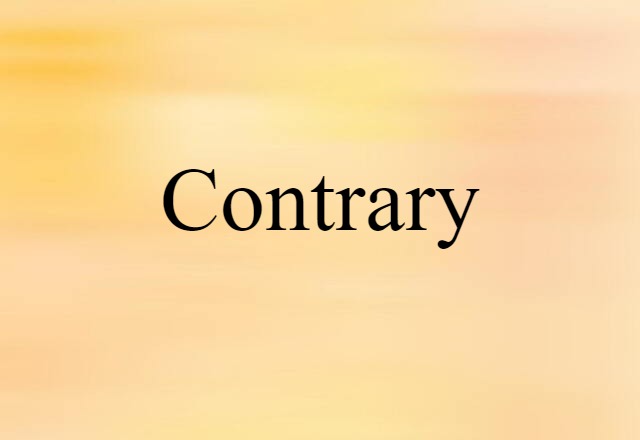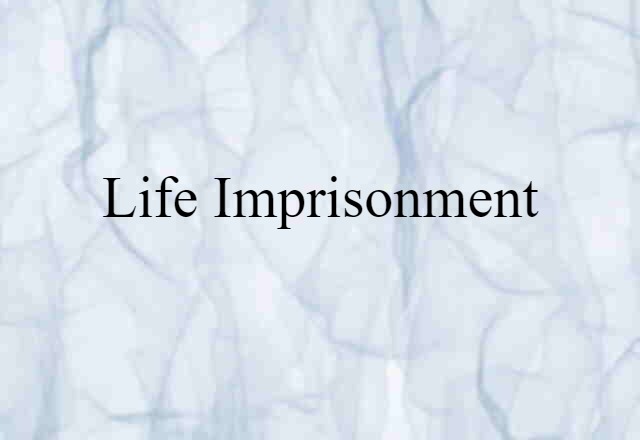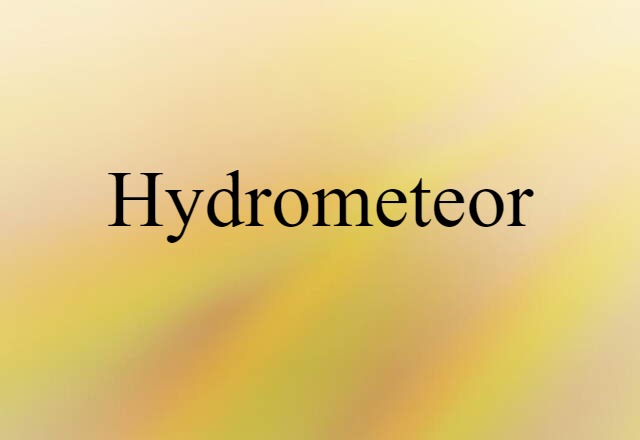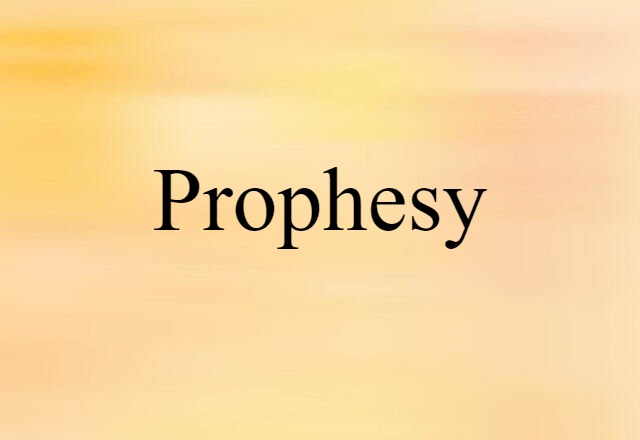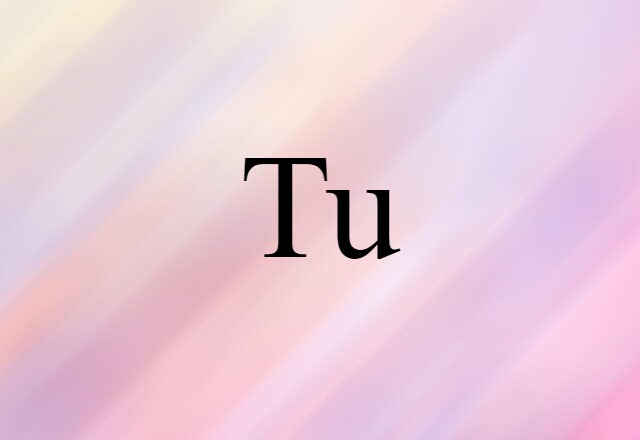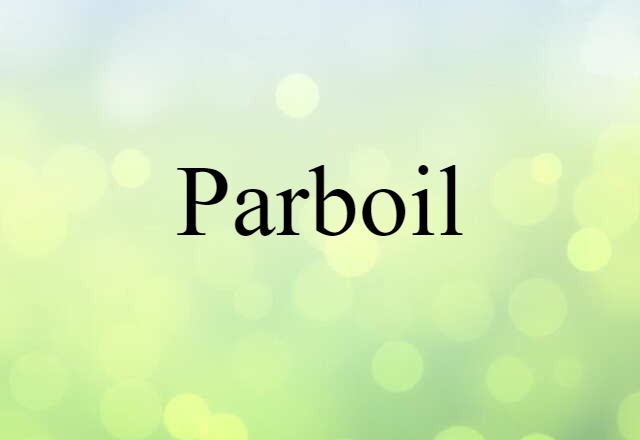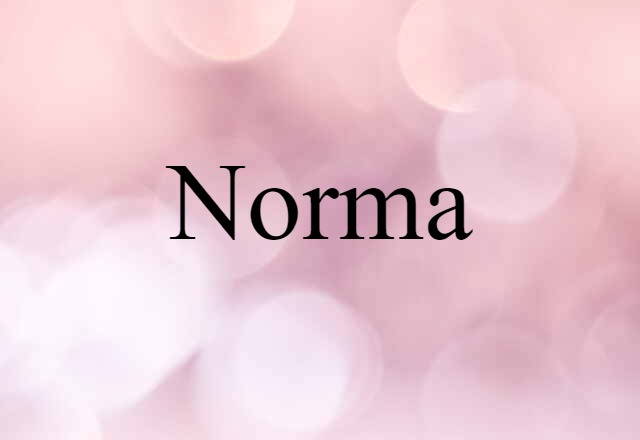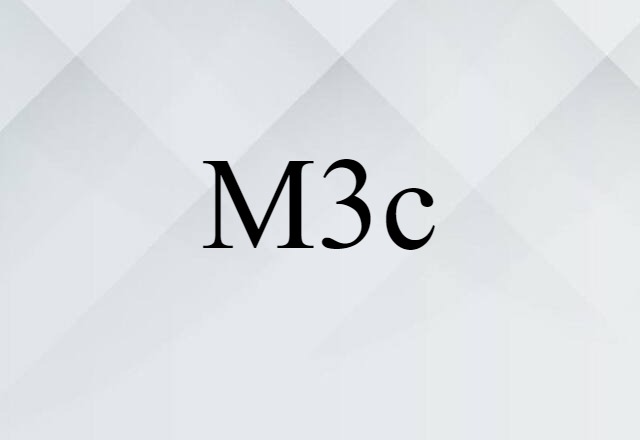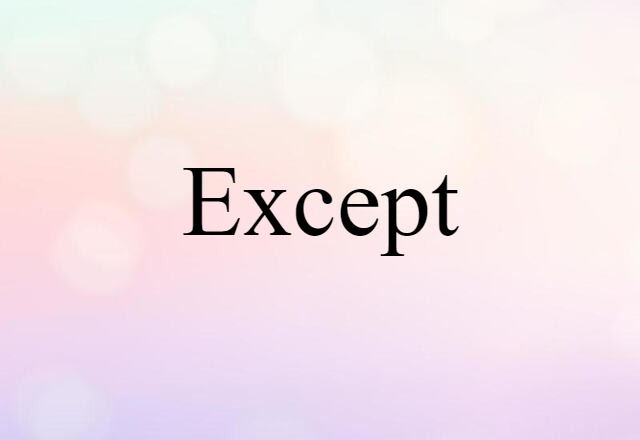- opposite in nature or character; diametrically or mutually opposed: contrary to fact; contrary propositions.
- opposite in direction or position: departures in contrary directions.
- being the opposite one of two: I will make the contrary choice.
- unfavorable or adverse.
- perverse; stubbornly opposed or willful.
- something that is contrary or opposite: to prove the contrary of a statement.
- either of two contrary things.
- a proposition so related to another proposition that both may not be true though both may be false, as with the propositions “All judges are male” and “No judges are male.”
- in opposition; oppositely; counter: to act contrary to one's own principles.
- contrary to expectation.
- on the contrary,
- in opposition to what has been stated.
- from another point of view: On the contrary, there may be some who would agree with you.
- to the contrary,
- to the opposite effect: I believe he is innocent, whatever they may say to the contrary.
- to a different effect.
- opposed in nature, position, etc
- perverse; obstinate
- (esp of wind) adverse; unfavourable
- (of plant parts) situated at right angles to each other
- (of a pair of propositions) related so that they cannot both be true at once, although they may both be false together
- the exact opposite (esp in the phrase to the contrary)
- quite the reverse; not at all
- either of two exactly opposite objects, facts, or qualities
- a statement that cannot be true when a given statement is true
- in an opposite or unexpected way
- in conflict (with) or contravention (of)
